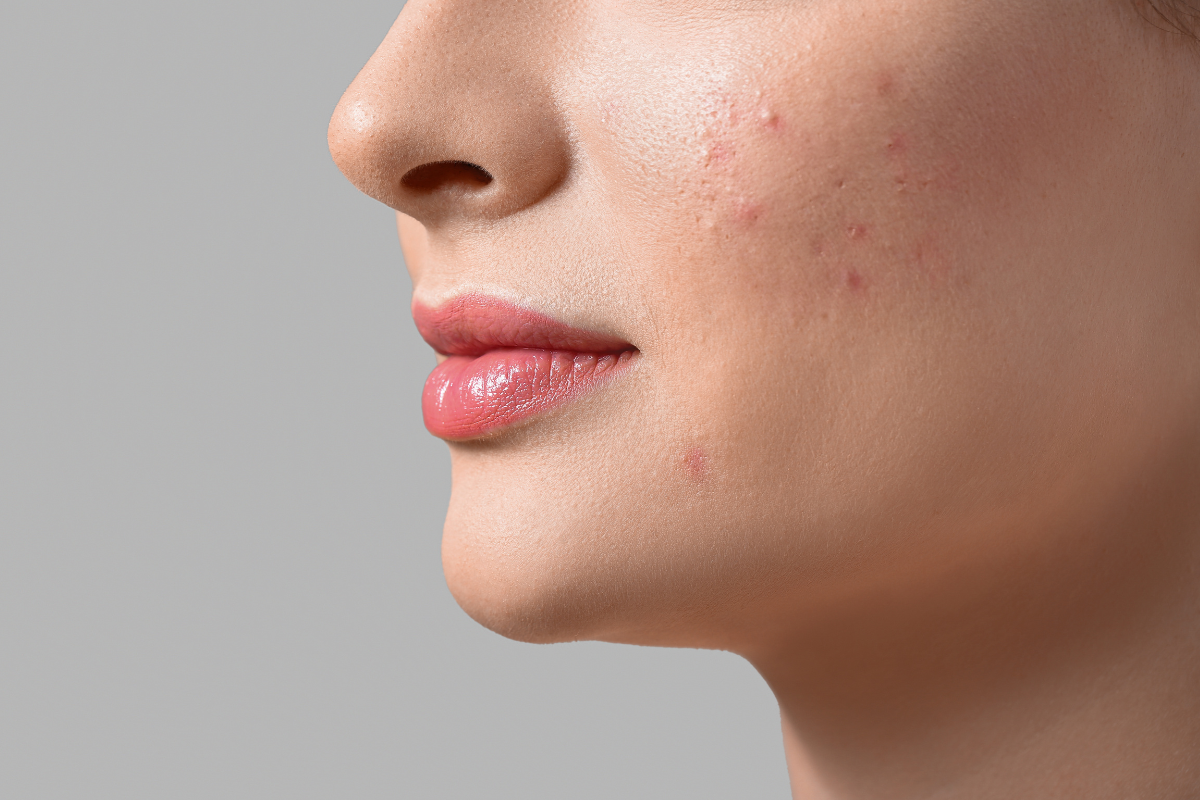Collagen & silicon dioxide - beauty & health

Collagen & silicon dioxide - beauty & health
Check out these two health and beauty friends in the beauty & health neighborhood! Let us introduce you to a favorite duo for both beauty and health - collagen and silica!
To really understand what collagen and silica are, and how silica is related, let's dive deeper into the research behind these beauty and health ingredients.
What is collagen?
Collagen is one of the most common proteins found naturally in the body and which gives strength and stability to the body's connective tissue. Collagen production is important for healthy skin, hair, nails, bones, joints, gastrointestinal tract (read: leaky gut), immune system, weight control, sleep and much more. When it comes to skin, collagen is responsible for youthful skin that is strong and highly elastic.
What is silicon dioxide?
Silicon dioxide is the third most common trace mineral in the body, after iron and zinc. Silica creates bonds between protein molecules that help the skin retain water; crucial for cell repair and regeneration. Silica provides strength, flexibility and resilience in your connective tissue, making it an absolute requirement for joints, stomach and intestines, healthy nails, teeth, hair and skin. Silica is also important for calcium and magnesium metabolism, which is essential for balanced hormones, strong muscles and a healthy heart.
Collagen and silica – the important link
While collagen forms the framework of our bones, silica strengthens these bonds and makes them more mobile. Silica is required to both build and then absorb collagen, which helps to "glue the collagen together".
When we are young, the body naturally produces high levels of collagen and silica, which is reflected in wrinkle-free skin and pain-free joints. But as we age (from as early as our twenties!) both collagen and its biggest supporter, silica, rapidly decline, which can reduce skin elasticity, strength and elasticity.
This rapid decline can cause several other symptoms, including:
-
Slow growing hair and thin hair
-
Wrinkles, fine lines and aged skin
-
Brittle nails
-
Joint pain and stiffness
-
Osteoporosis
-
Calcium deposits in bones, joints and soft tissues
-
Stomach and intestinal problems due to leaky gut
-
Poor immune system due to leaky gut
Several factors affect the rate of collagen and silica decline, including gut flora (microbiome), health, diet, stress, inflammation, sleep and sun exposure. So if we can do our best to take care of these factors and support silica and collagen production, we may be able to mitigate these risks and keep skin, hair, nails, bones and joints longer in our lives - so-called slow-aging instead of anti - aging.
Collagen and silica for bone health
Collagen and silica are important players when it comes to connective tissue and bone health. Both collagen and silica help with new bone formation by stimulating osteoblasts - our bone-building cells. Collagen and silica also inhibit bone breakdown by inhibiting osteoclasts, our bone-resorbing cells, which try to break down bone tissue and release minerals needed for strong bones in the rest of the body.
A research study showed that daily silica consumption improved bone mineral density in participants, with a group consuming 40 mg registering a bone mineral density that was 10% higher than participants consuming 14 mg of silica daily.
Collagen and silica for beauty
While collagen is getting a lot of love in the beauty space right now, let's not forget to thank silica too!
Silica stimulates fibroblasts, which secrete collagen type I - the type of collagen that is abundant in youthful skin. Consuming collagen and minerals that support collagen synthesis keeps your skin healthy and contributes to radiant skin.
Both collagen and silica are naturally anti-inflammatory, which also help manage and reduce symptoms of inflammatory skin conditions, such as eczema and psoriasis.
Where can you find these magical ingredients?
Although there is no daily recommended intake for silica or collagen, we know that youthful, firm skin with reduced blemishes and wrinkles, healthy joints and bones are just some of the benefits of silica and collagen consumption.
Silicon dioxide is found in the following foods:
-
Avocado
-
Brown rice
-
Dark leafy vegetables
-
Oats
-
Potato
-
Root vegetables
-
Rosehip tea
-
Fish and seafood
-
Strawberries
Increase your collagen with the following foods (natural collagen is always animal):
-
Broth of boiled animal parts such as bones and skins
-
Collagen powder
Does vegan collagen exist?
Vegan collagen powder is manufactured via GMOs and is thus not a natural collagen product. Collagen is a structural protein found in the skin, bones, joints and muscles of animals. It gives strength and elasticity to our tissues, protects our internal organs and helps us move without pain. But since collagen doesn't exist in the plant-based world, you might be wondering what "vegan collagen" actually means!






